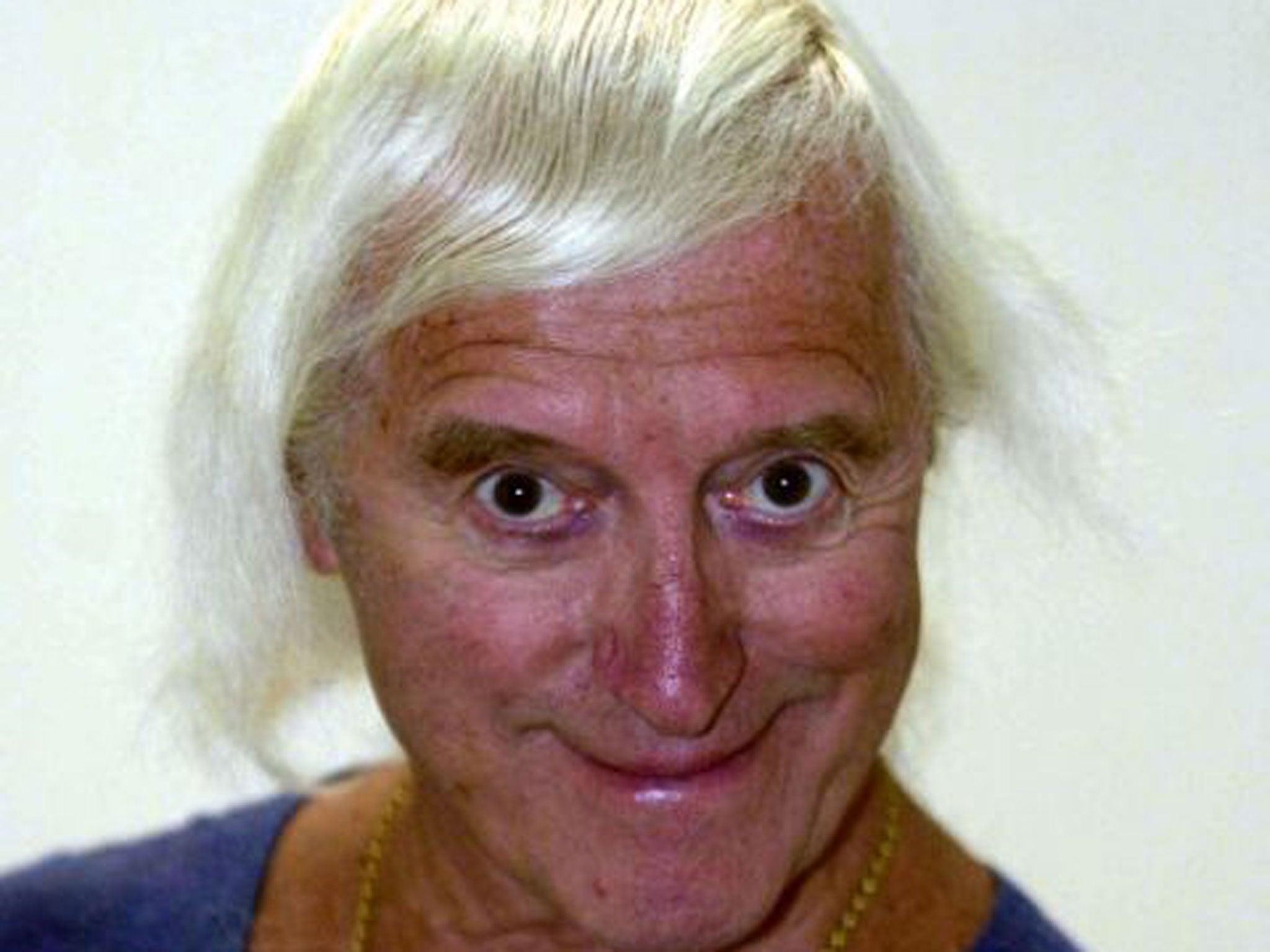Police 'protection' of celebrities 'allowed serial abusers Cyril Smith and Jimmy Savile to escape prosecution for decades'
Information on high profile suspects was reportedly marked as 'secret' or 'restricted' and only available to a small number of officers

Celebrities and politicians were protected from child sex investigations because hundreds of police intelligence files were kept so secret that investigating officers could not access them, it has been reported.
Information on famous suspects was marked “secret” or “restricted”, allowing only a small number of officers to access it, to offset the risk of police officers or staff leaking the information to the media, according to The Times.
However, the burying of information is understood to have helped serial offenders such as Jimmy Savile and Sir Cyril Smith MP escape prosecution for decades. Campaigners for the victims of child sex abuse said that police had “put protecting celebrities above child protection”.
The problem has emerged in a review of police information handling by HM Inspectorate of Constabulary, in the wake of the Jimmy Savile scandal. Since the exposure of the former TV presenter as Britain’s most prolific child sex offender, police have been inundated with reports from members of the public of “historical abuse”, often by prominent politicians, celebrities and VIPs.
Valuable intelligence on Savile was recorded in 1964, 1998 and 2003 by Scotland Yard, the inspectorate found, but other forces were unable to access it. The inspectorate said the restriction of access to intelligence files was “an area we are concerned about”.
Metropolitan Police Commander Peter Spindler told The Times that the force had in the past had “officers and staff who were prepared to leak information to the media for payment and the mechanism to prevent that was to restrict access to that information.”
“We are not going to let 50,000 people [police officers and staff] across London read sensitive material about celebrities, politicians, or other high profile people,” he told the newspaper.
The National Association of People Abused in Childhood said the practice had hampered investigations that could have prevented further abuse. John Bird, spokesman for the charity, said: “It is certainly the case that in the past the police put protecting celebrities above child protection. However we do think that now there is a clear drive to learn from these mistakes and get it right in the future.”
The new Police National Database, launched in 2011, will help stop information from being missed in the future, police believe. Before 2003, police forces had no national intelligence sharing facility. Within the new database, sensitive information can be found but not necessarily seen in full without higher clearance. The £20 million a year national database, reportedly designed to hold 250 million intelligence records, is also coming under strain with 1.8 billion items now uploaded.
Chief Constable Mike Barton, the Association of Chief Police Officer's lead on intelligence, said the current system is capable of being interrogated by any trained officer across the UK to “identify suspects, offenders and patterns of behaviour”.
Subscribe to Independent Premium to bookmark this article
Want to bookmark your favourite articles and stories to read or reference later? Start your Independent Premium subscription today.
